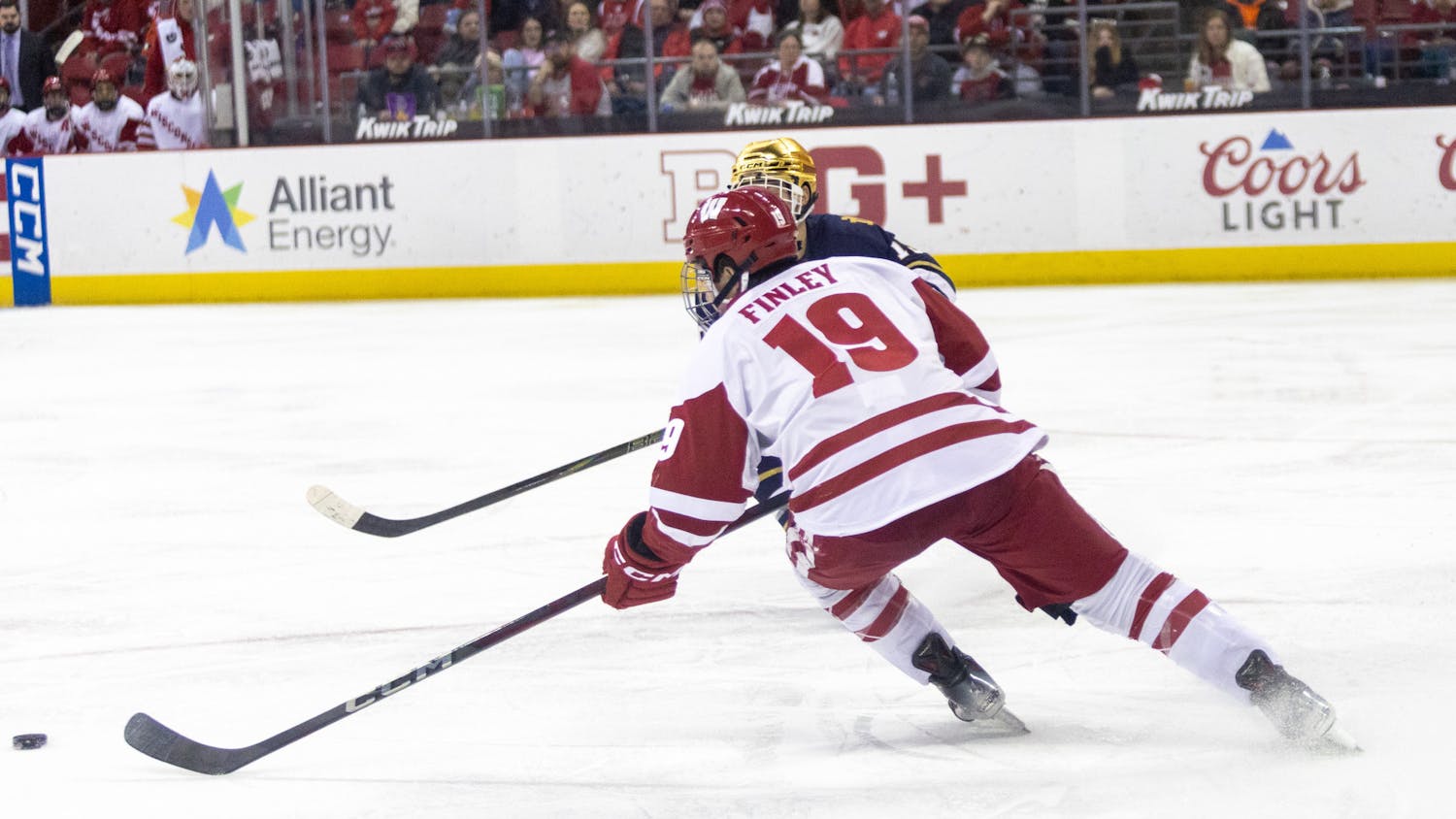The University of Wisconsin-Madison’s Astronomy Club hosted a talk with scientist Dr. Stephanie LaMassa at Chamberlin Hall last Wednesday.
LaMassa is a support scientist and branch manager of the James Webb Space Telescope (JWST) Near Infrared Imager and Slitless Spectrograph (NIRISS) at the Space Telescope Science Institute in Baltimore. She studies the growth and evolution of supermassive black holes, and the interplay between active galactic nucleus activity and star formation from a multi-wavelength perspective.
LaMassa's talk, titled “How JWST revealed the Hidden Universe,” focused on her work with the JWST, the largest optical telescope in space. The JWST currently uses infrared astronomy to view objects too old, distant or faint for the Hubble Space Telescope, which was previously considered the largest and most versatile telescope in space. LaMassa discussed the 25 years of work that came prior to the telescope’s launch in 2021, including the struggle of deploying a telescope that was too large for a regular-sized rocket.
She also gave insights on what the JWST produced, including the discovery of distant galaxies that seemed to be almost as old as the Big Bang, as well as other astronomical objects such as stars and exoplanets — discoveries the Hubble Space Telescope was unable to detect.
Will Jarvis, Astronomy Club’s president, talked about how exciting it was to hear about the JWST, especially after the insights it produced since its launch in 2021.
“[The JWST] has taken some pretty incredible pictures that people have probably seen in the news,” Jarvis said. “So lots of fun stuff that’s been incredibly beneficial to our understanding of the universe.”
To Jarvis, and the rest of Astronomy Club, LaMassa’s talk provided information on a career path many of them are pursuing and a glimpse into how space-based telescopes work, as compared to the ground-based telescopes they are more familiar with on the UW-Madison campus.
“It’s not very often you get to invite somebody who actually runs a camera on a telescope that is a million miles away from us,” Jarvis said. “UW does a lot of work with ground-based telescopes, but we don’t do so much with space-based telescopes anymore. So it’s kind of a rare opportunity to bring somebody in who works with telescopes that no one will ever be able to visit again.”
LaMassa’s talk inspired many attendees, including Allison Bakalars, Astronomy Club’s media director, who has long been interested in the study of astronomy.
“It was exciting to hear her processes of how she got to her career and some of the challenges that she faced, especially when working for such a large organization such as NASA and with such a cool instrument as the JWST,” Bakalars said.
Bakalars also shared her enthusiasm about successfully partnering with the astronomy department to host LaMassa for a public talk, as well one as part of their colloquium series for the astronomy and physics department.
”We’ve been very appreciative to the department for all that they’ve done for us and for allowing us to invite incredible scientists like Dr. LaMassa,” Bakalars said.
UW-Madison’s Astronomy Club encourages anyone who is interested in astronomy to attend any of their meetings, usually held at 7 p.m. on Thursdays at 4421 Sterling Hall, and to follow their Instagram for upcoming events.






